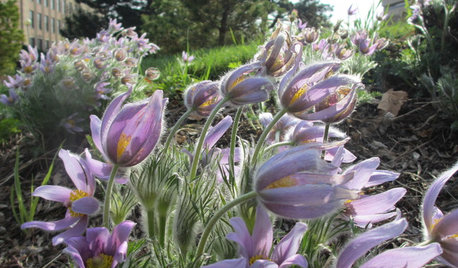I started a half gallon jar of fermented dilly beans Sat., Sept. 23. I used the recipe from the Joy of Pickling, which said to ferment for 2 weeks. Tonight, I checked on them, and they were no longer bubbling and I noticed a little bit of mold on the top. So, I opened them up and skimmed off the mold (I had used a zip loc bag to keep them submerged). The beans seem to have a white film on them? All the beans were submerged, so I don't think it would be mold?? I'm new to fermenting, is this from the salt? I used the sea salt that came with the Perfect Pickler jar top I bought. I tried a few and they didn't taste moldy. Is this white film normal?







olga_6b
cannond
Related Professionals
Surprise Landscape Architects & Landscape Designers · Ashburn Landscape Architects & Landscape Designers · Essex Landscape Architects & Landscape Designers · La Marque Landscape Architects & Landscape Designers · Billerica Landscape Contractors · Frisco Landscape Contractors · Fair Lawn Landscape Contractors · Mashpee Landscape Contractors · Severna Park Landscape Contractors · Casselberry Landscape Contractors · Anderson Roofing & Gutters · Edison Roofing & Gutters · Minneapolis Roofing & Gutters · Valley Stream Roofing & Gutters · Palm Desert Driveway Installation & Maintenanceolga_6b
michelelcOriginal Author
olga_6b
cannond
olga_6b
laceyvail 6A, WV
cannond